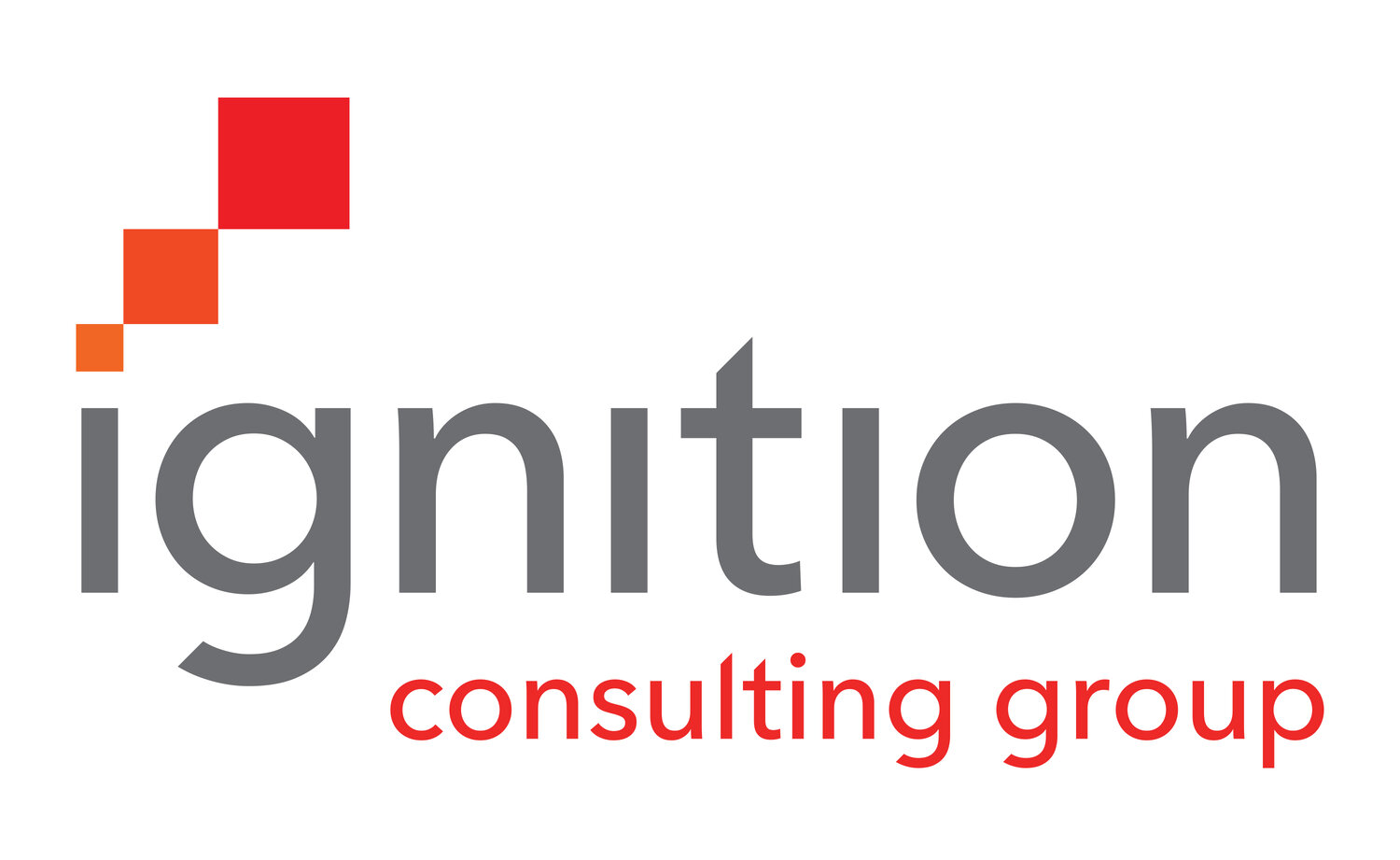How Agencies Got Pushed Down the Value Chain
By Tim Williams
Faster. Cheaper. Vendor. Three words that characterize one of the leading issues agencies have with their clients right now. Many agencies feel they have been pushed down the client value chain into the same category as printers, having lost their status as professional advisors.
In the numerous surveys Ignition has done inside agencies, this problem is a consistent – and growing – concern:
“I think the biggest issue we see with clients is that they don’t appreciate strategic, big picture thinking and the fact that it takes time to do things correctly. So often we feel like “yes people” rather than partners with our clients. Very few clients seem to look at us as a partner rather than a vendor or doer.”
“The key problem that we have with our clients is a general lack of respect and understanding for the work that we are capable of providing. It feels as if we are perceived as another vendor.”
A reality we helped create
What happened to the relationship agencies used to have with their clients? Disintermediation happened. First of all, the agency world disintermediated itself by unbundling its expertise into separate organizations: creative, media, direct, promotion, digital, etc. Ironically, the main motivation of the large holding companies that orchestrated this disintermediation was to earn more revenues. For example, they reasoned that it would be easier to get paid for creative services if these services weren’t housed inside the same organization that was collecting media commissions.
But in fact this helped precipitate a steady decline in agency profitability. Some studies show that in real terms, agency profitability has been in a gradual decline for at least 40 years. In effect, agencies helped take some of the “magic” out of the business by breaking down agencies services into component parts that make it easier for marketers and search consultants to shop and compare. Agencies stopped being compensated based on results (when brand sales went up, agencies got more money and therefore more commissions) and instead started selling individual services.
So in large part we created our own reality. And then add to that the immense impact the internet has had on disintermediation. Consumers don’t need travel agencies any more because they have the internet. The internet means people can buy insurance without needing insurance agencies. And increasingly, because the internet provides easy, direct access to many of the providers of marketing services, a lot of marketers feel they are much less dependent on advertising agencies.
If you want to capture more value, create more value
In my consulting work with agencies, I hear time and again the idea that “We just have to do a better job of helping clients understand the value of what we do.” No, we just have to start selling something that clients value – or value more.
It’s a principle of economics that a service has a lower perceived value than an outcome. Of all people, agency professionals should understand that a benefit is more powerful than a feature. So when agencies persist in selling individual services (or worse, the hours required to perform those services), they only fuel the fire of agency commoditization.
With only a moment’s reflection, most agency execs realize that they don’t really sell – and clients don’t really buy – hours or services. They sell the promise of a transformed brand. So here’s an idea: let’s start charging for what we really sell and work our way back to our rightful place on our client’s value chain.


